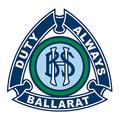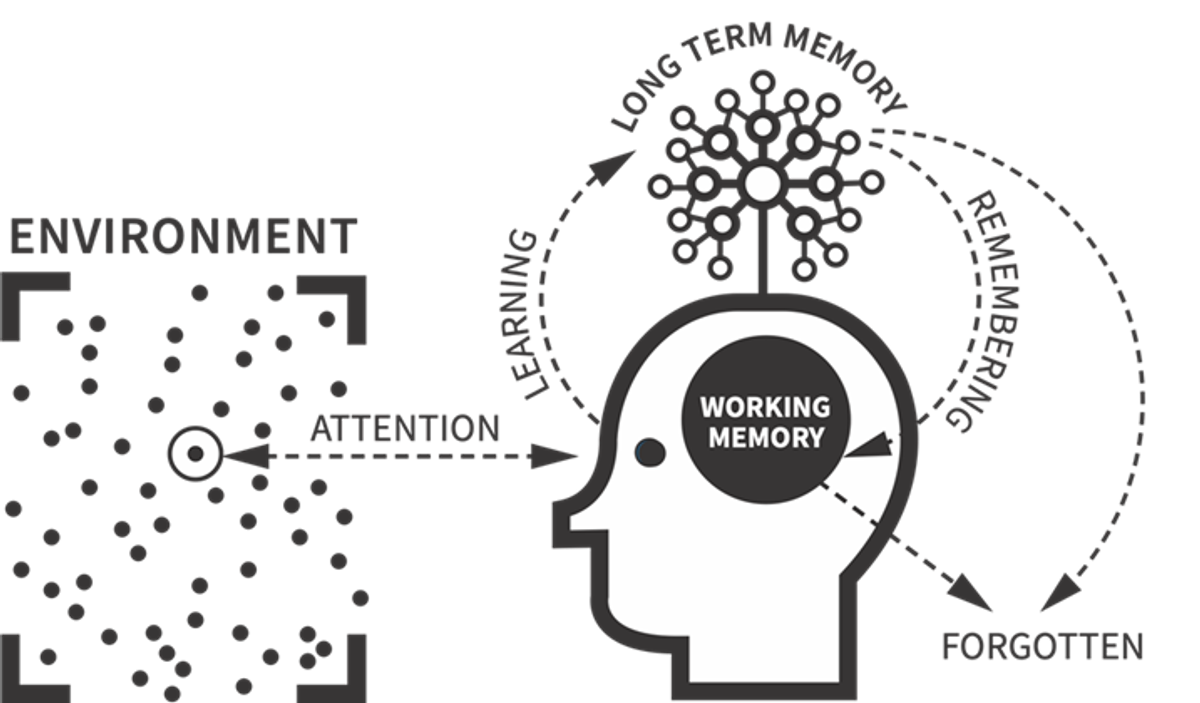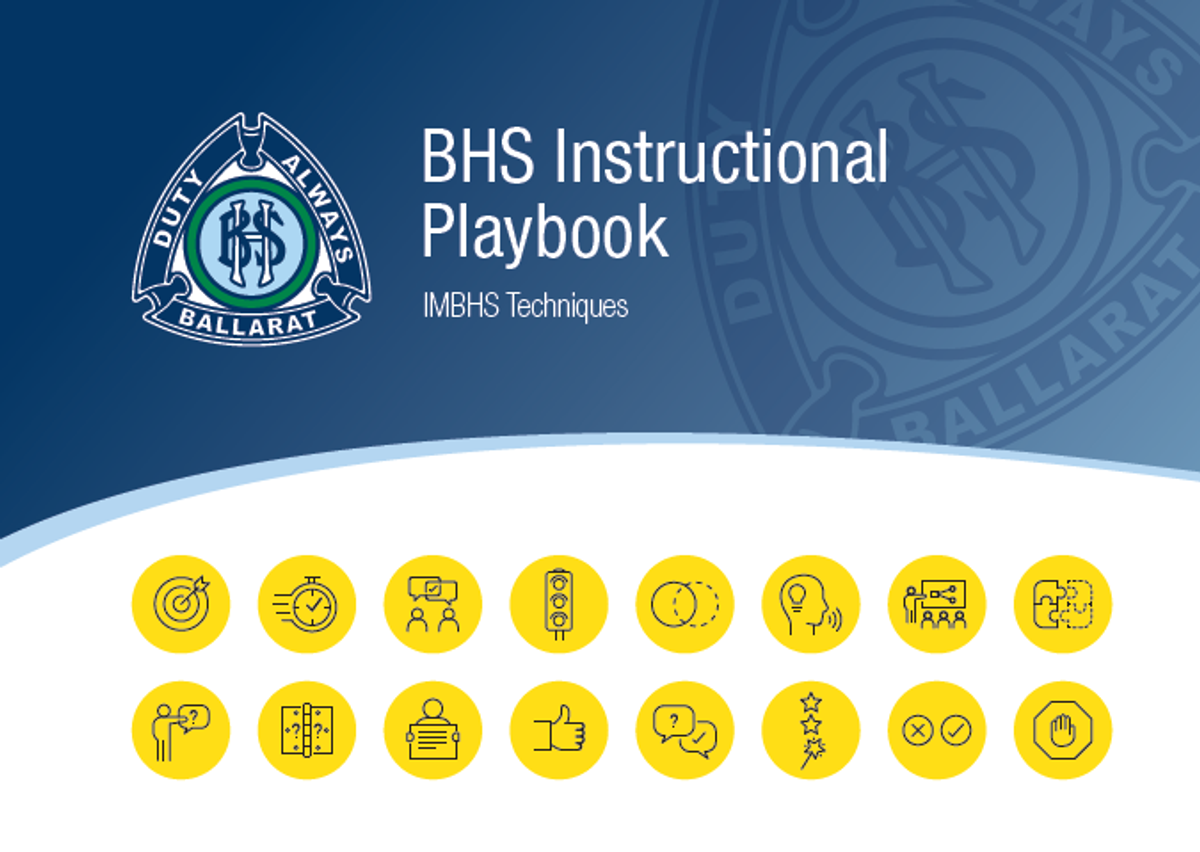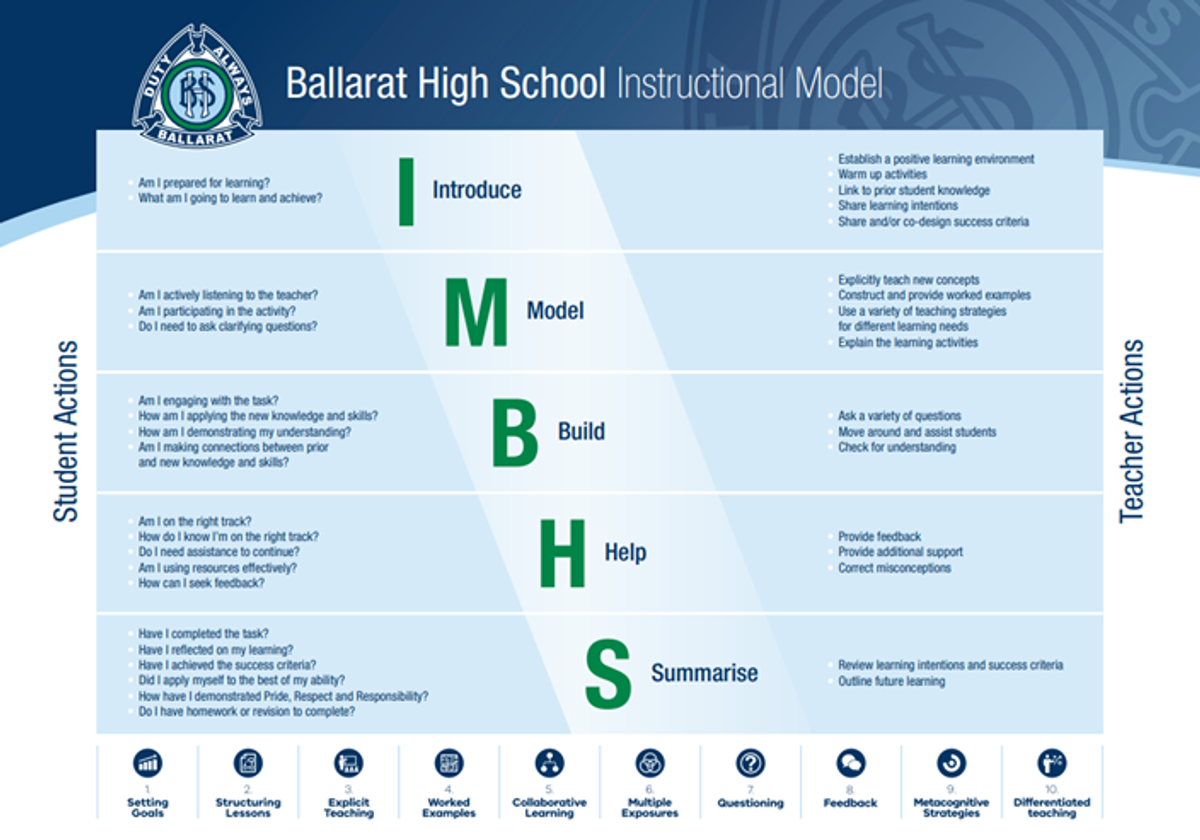Principal's Report
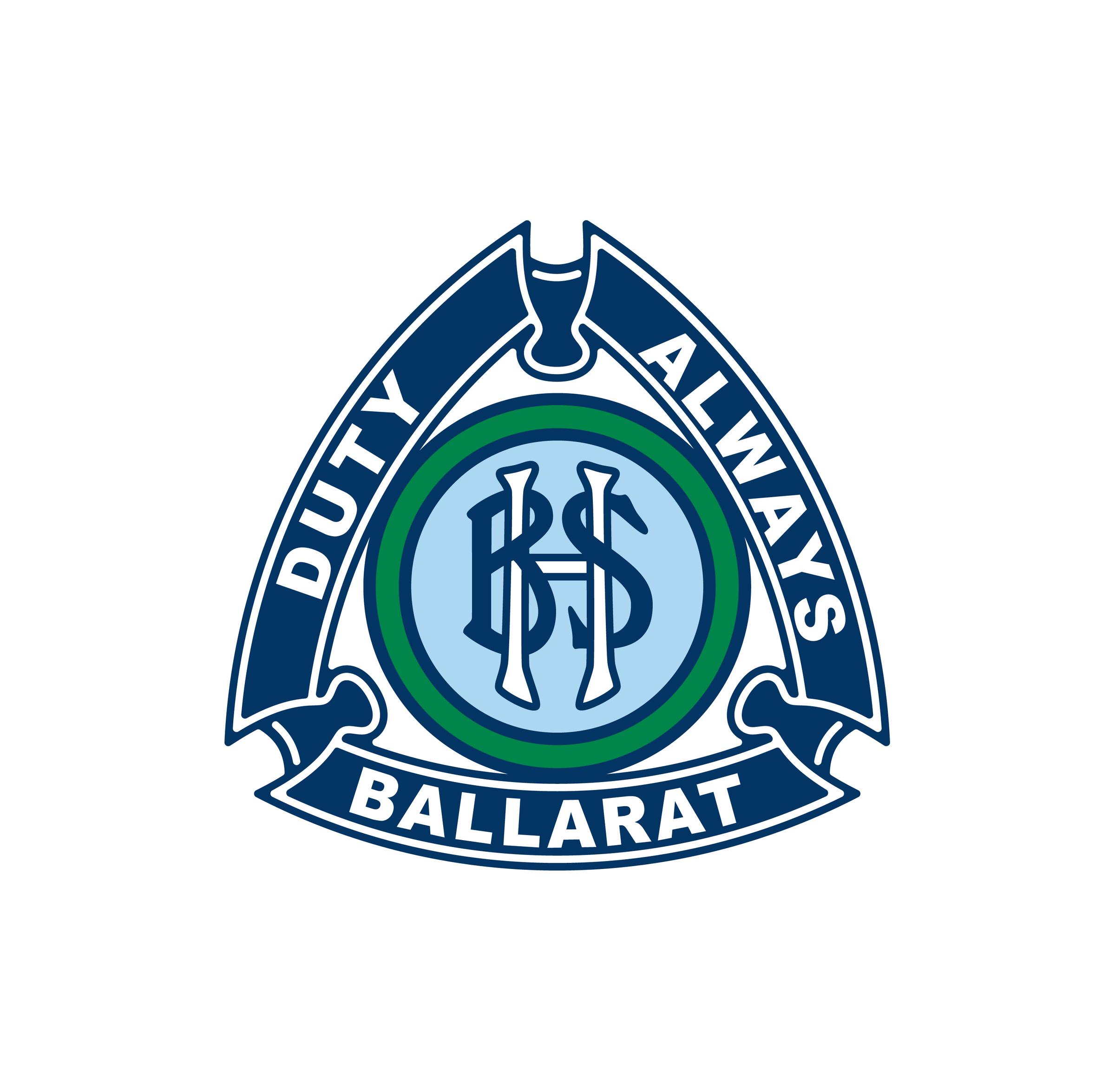
The falling leaves on Sturt Street provide an autumnal change in colour to the final days of what has been a long Term 1. The chill in the early morning wind seems an eternity away from those hot and heady days of summer that heralded the start of the academic year. When our students and staff look back on their first quarter of the year, I hope they do so knowing that they have given their best and that they have laid the foundations for a successful year. I hope they recognise that the mistakes made along the way were critical for the learning and growth they will experience in the long run.
Before our students had even returned to 2025, staff had already embarked on their own learning journey taking in concepts from cognitive science and the science of learning. The image above simplifies the complex idea that learning is how we take what is introduced to our working memory and find a way to move it into our long-term memory. It supports what we know to be true at BHS: that every student has the capacity to learn and grow because they have a long-term memory that is infinite. Inside each student’s head is unlimited potential that we are here to help them harness.
The trick is that knowledge sticks to knowledge and we can’t memorise a heap of new stuff if it doesn’t connect to something that we already know. Students need the opportunity to practise sticking this knowledge together so that this new understanding is not forgotten. That is why, as a staff, we have been committed to increasing our capacity to check for understanding in the classroom to be able to give feedback for learning and inform our next steps. We have crafted a playbook that brings together evidence based ‘best bets’ of what supports learning so that we can get better at the things that make a difference. This will evolve over time and will be true to our context and draw from the significant expertise that we have in our school.
We have chosen to start the year focusing on effective feedback to students as this is our most critical skill as educators and our commitment to improvement in this area is essential. Letting students know what they need to do to improve on and then giving them the opportunity to apply that learning is the only way to for them to improve. I’ve just spoken to our students in the whole school assembly about their own responsibility to respond to guidance and the importance of learning to be the best version of themselves that they can be. They want to learn, and they want to improve, but they have a part to play in all of this. Their growth as individuals and their responsibility to respect other students’ right to learn and grow sits on the left-hand side of the model of learning. Keeping students’ attention through engaging lessons is a key part of this but so are calm and stable classrooms. Predictability in the classroom should never lead to boring lessons, but a familiar structure so that students know what they need to be doing at any given point and can ask for help and support if they can’t move through the phases of learning. For the benefit of their learning, any distractions need to be minimised. That’s why we have routines around the start and end of lessons and the use of electronic devices; that’s why students should not have ear buds or pods in their ears or be chained to their phones; that is why we have high expectations around the school values of respect, excellence and responsibility that we will always uphold in order to support learning and growth.
Our Instructional Model (pictured below) also provides guidance for staff and students to support the learning process so that lessons provide opportunities to experience new knowledge connected to existing knowledge and applied in the problems they solve or the ideas they produce. At each step, there is guidance as to what staff and students should be doing and asking to take away the mystery of learning.
The reason that I focus on this and not my usual celebration of student successes, leadership and involvement (and bear in mind, I’ve just attended an amazing whole school assembly packed full of awards, medals and commendations, run by our students for our students and taking in 80 sporting events, 11 STEM and 11 extra-curricular activities, 10 leadership & 10 Performing Arts events, 6 camps & 5 ARTS excursions… with 4186 opportunities where students engaged) is because not every student will receive an award today. But every student can access success through their learning and every student can get involved in the opportunities we offer. I have stated previously, not every form of learning sits in the classroom, but the same principles apply.
Success in learning will never mean 100% in an exam. Learning occurs for our students through small steps forward through failure, bravely taken, so that they improve. The need for behaviour that does not add to the distraction and supports attention is beyond debate. For some of our students, a disability or the impact of trauma can seriously affect the learning process. As teachers, we are committed to further learning and changes in our practice to meet the needs of all students - this is our work in the time ahead. School can be hard for some students: we all have the responsibility to make it the best experience possible. For now, we can all play a part in creating the conditions where all students learn and grow and shine.
Mr Stephan Fields
Principal
